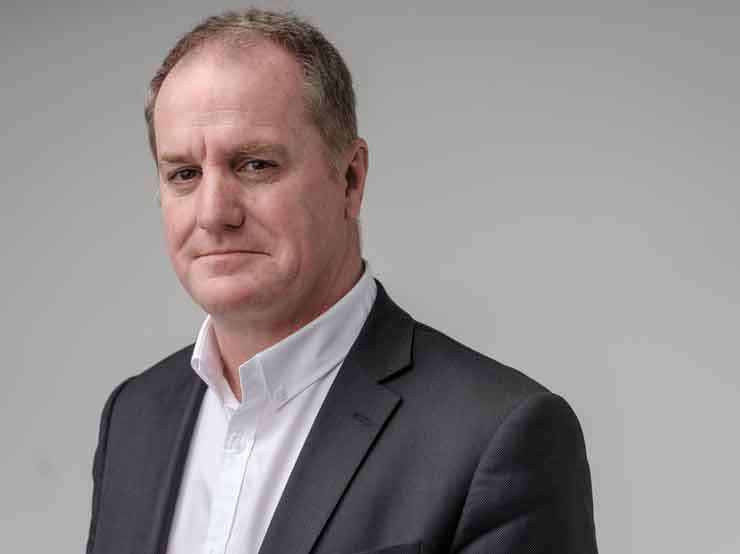House prices double roughly every 10 years, analysis from property data company Valocity confirms.
OneRoof property columnist Ashley Church commissioned Valocity, OneRoof’s data partner, to run the numbers going back to 1990 to see what the median house price was on the last day of each year.
The results were “astounding”, Church says.
“They show, for example, that from 2002 to 2011 house prices each year were almost exactly double what they were 10 years earlier.”
Start your property search
The numbers are not always exactly 100% up every ten years, with the percentage falling from 2012 to 2021, for example.
The average annual increase for those years dropped to 85.5%, probably reflecting house prices were getting more expensive and therefore growth slower, Church says, although last year – 2021 – still showed a 112% increase over prices in 2011.
Church says themes emerge from the data including that house prices have increased consistently over each of the past three decades despite domestic and international economic shocks such as the GFC, which caused house prices in Auckland to drop by around 8%.
Also, the rate of house price growth is slowing, probably as a reflection of what the average Kiwi can afford to pay, he says.
While past performance isn't a guarantee of future performance, Church says it would be foolish to ignore the likely implications of these trends.
“Specifically, that the current market uncertainty should be seen in the context of broader trends; that house prices will continue to increase despite Government attempts at intervention; that the rate of that increase will continue to slow as houses become less affordable for first home buyers; and that house prices will continue to double but that the time it will take for that to happen will be longer than the anecdotal 10 years.”
James Wilson, Valocity’s head of valuation, says while house prices do double every 10 years it’s in a “rule of thumb” sort of way.
That is typically the trend New Zealand has seen over at least the last three decades, but that does not mean it will continue.
“You can never guarantee anything when it comes to any market, really.
“I think the thing to note is, yes, it's performed that way, but it's never going to be guaranteed to be a future performance so take such commentary as retrospective as opposed to a guarantee of the future.”

Ashley Church: “House prices will continue to increase despite Government attempts at intervention.” Photo / Ted Baghurst
And there is no line in the sand as to property doubling on a particular 10-year date, Wilson says.
There may be a dip halfway through a 10-year cycle then the market may move forward again so the growth is not linear: “It sort of ebbs and flows as the housing market does.
“I think it's interesting observations to see the data around that often-stated line that housing markets double every 10 years, but again take it with a little bit of caution that it's no guarantee of future performance.”
Wilson also points out the changing landscape of New Zealand homes could impact the trend.
“What’s happened in New Zealand’s housing market now is that we are getting more and more diversions of property types, of what the planning allows to be built.
“You might have had the concept of a suburb 20 years ago which had a lot of very similar housing and so, therefore, it performed very similarly on paper but these days you're getting these modern suburbs with lots of different types of houses and all sorts in between.
“What that does mean is you do get variants in performance between those property types, so the next 10 years will be interesting.
“I think, loosely based on looking back on the past, on how our housing cycle seems to work, the fundamentals do support values going only in one direction over a longer term but I think watch out for different submarket performance in the coming 5 or ten years.”
Kelvin Davidson, CoreLogic’s chief housing economist, says prices doubling every 10 years is always a hot topic of discussion, but it depends where the start points and end points are placed.

Valocity head of valuations James Wilson: “No guarantee of future performance.” Photo / Fiona Goodall
“If you started in 1991 then, yes, it might double but if you started it in 1993 to 2003 the numbers are a bit different.
“It depends on when you see starting point and what data you use and sometimes it's 91%, sometimes it's 110%.”
That said, there have been “quite a few” eight-to-10-year periods historically over the last 30 years where house prices have risen 80% to 100% in some of the main centres.
The real question is why, Davidson says.
“It doesn't just magically happen. There's not some magic rule that says, yes, house prices must always double every 10 years - it has to happen for a reason.
“Over time interest rates have fallen, for example - that's a key factor.
“Households are more likely to have two incomes rather than one and that's boosted how much they can pay for housing, so there's always underlying reasons.”
Whether prices will double again over the next 10 years is a bit more uncertain, Davidson says, because interest rates are going up, not down, and people have already shifted to two incomes.
“So where does the next driver come from? The data is one thing but for me there's another layer to it which is, why?”
For homeowners banking on a doubling every decade, Davidson says even if their property has doubled, so have all the others so the equity gained will likely have to go straight back into the next property.












































































